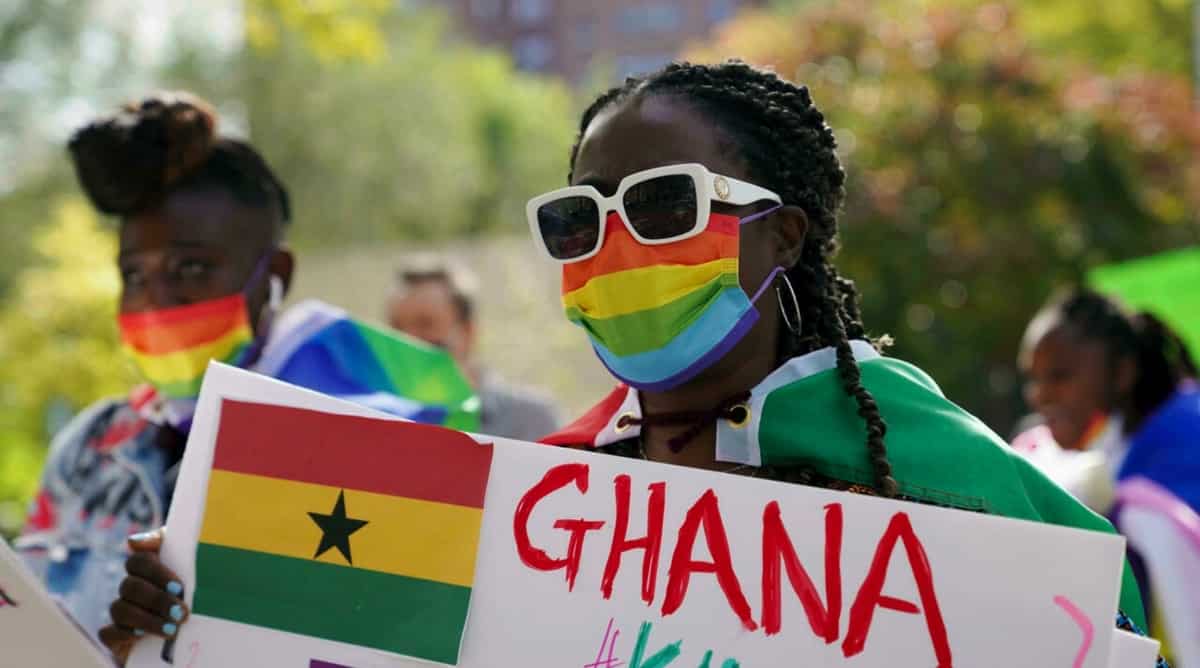Starting August 3, 2025, all National Service Personnel (NSPs) in Ghana will be required to undergo up to two months of basic military training under a new programme introduced by the National Service Authority (NSA).
The initiative, named the National Service Emergency Response Readiness Programme (NSERRP), is being developed in collaboration with the Ghana Armed Forces. It aims to instill a strong sense of discipline, national pride, and resilience in young graduates.
At a meeting held on April 23, NSA Director-General Felix Gyamfi underscored the relevance of the programme in shaping a more prepared and patriotic generation.“The introduction of this military training is a step in the right direction and must be embraced by all and sundry as one of the indicators for resetting the country, particularly the youth,” he said.
He explained that the drills and orientation would become a standard part of national service, equipping personnel not only with physical preparedness but also with values essential to national development.
Brigadier General Amoah-Boakye, who represented the Military High Command at the meeting, pledged full support, stating that the Armed Forces were ready to provide the necessary training and infrastructure to ensure the programme’s success.
The initiative is in line with President John Dramani Mahama’s agenda to reform national service and youth development. He first announced the plan during his maiden State of the Nation Address to Parliament on February 27, 2025.”To achieve a legally robust regime to govern National Service, I have also tasked the Minister for Youth Development and Empowerment to coordinate and present to Parliament a Legislative Instrument (L.I.) to support the implementation of the newly passed National Service Authority Act 2024 (Act 1119),” President Mahama stated.
Military training as part of national service is not new globally. According to the World Population Review, over 80 countries—including Sweden, Norway, Denmark, and China—incorporate some form of compulsory or semi-compulsory service. While countries like Russia enforce mandatory military service, others operate a system of basic readiness or training without active-duty obligations.
In Ghana, the NSERRP is expected to offer young citizens crucial life skills while fostering a deeper connection to civic duty. The forthcoming Legislative Instrument will outline the framework for implementation and enforcement.








